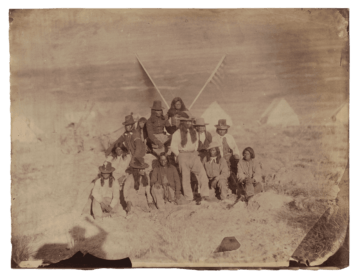Justin E. H. Smith in Tablet:
 In Call Me Ishmael, Charles Olson’s magnificent 1947 study of Herman Melville’s Moby-Dick, the American poet writes: “I take SPACE to be the central fact to man born in America.” Using a common alternative title for the 1851 novel, Olson compares it to Walt Whitman’s self-published paean to his country: “The White Whale is more accurate than Leaves of Grass. Because it is America, all of her space, the malice, the root.”
In Call Me Ishmael, Charles Olson’s magnificent 1947 study of Herman Melville’s Moby-Dick, the American poet writes: “I take SPACE to be the central fact to man born in America.” Using a common alternative title for the 1851 novel, Olson compares it to Walt Whitman’s self-published paean to his country: “The White Whale is more accurate than Leaves of Grass. Because it is America, all of her space, the malice, the root.”
For many years, I took Moby-Dick to be American only by technicality: Virtually all of the story takes place on the high seas, with a multiethnic mix of characters; the voice of the author seems more at home in the broader North Atlantic maritime Anglo-Hibernian realm, which by some measures reaches down from Nova Scotia as far south as Cape Cod, than in the depths of the American continent itself.
Melville’s true epitome of America, it seemed to me, was not Moby-Dick, but The Confidence-Man of 1857. This novel, whose events unfold almost entirely in the cramped rooms of a steamboat on the Mississippi River, is as claustrophobic as Moby-Dick is expansive, and as conducive to contraction and paranoia as its predecessor is to the free-ranging and unbounded assertion of will.
More here.
